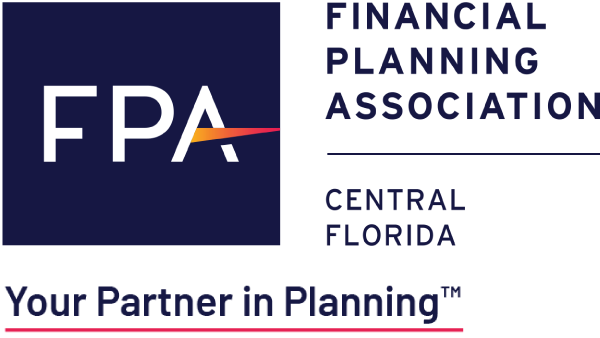
The Power of Financial Planning, Part Three
To Maximize the Power of Financial Planning, Turn to a Specialist
 The third installment in a five-part article series on The Power of Financial Planning explores the many areas of specialization within the field of financial planning, and why it can be in a person’s best interests to work with a specialist who’s uniquely qualified to address a very specific set of circumstances and needs. Please let me know if you would like to access Part One and Part Two of the series.
The third installment in a five-part article series on The Power of Financial Planning explores the many areas of specialization within the field of financial planning, and why it can be in a person’s best interests to work with a specialist who’s uniquely qualified to address a very specific set of circumstances and needs. Please let me know if you would like to access Part One and Part Two of the series.
Specialists are everywhere in our lives. There are doctors who treat only heart issues, auto repair mechanics who fix only Japanese-built cars and attorneys who handle only personal injury cases.
People turn to specialists when they’re seeking insight and answers for a highly specific set of issues — issues a professional with deeper, more focused training, knowledge and experience might be better equipped to address than a generalist in the field would be. And, just as there are good reasons to turn to a specialist for a medical, legal or automotive issues, there are plenty of situations where it makes sense to enlist a specialist within the field of financial planning.
Anyone who has assets they want to grow and protect for now and for later in life, anyone who wants greater control of their financial life and their family’s financial future, could benefit from working with a financial planner. The question is, what type of financial planner would be best for you, given your own very specific circumstances, goals and priorities?
All CERTIFIED FINANCIAL PLANNER™ (CFP®) professionals carry a baseline level of proficiency in the following key areas:
• Cash flow analysis/planning and budgeting
• Insurance planning and risk management
• Employee benefits planning
• Investment planning
• Tax planning
• Retirement savings and income planning
• Estate planning/wealth transfer
For many financial professionals with the CFP® designation, that’s just a foundation. Many choose also to specialize within a certain area or areas. Some focus on financial planning for women, divorcees or families with a special needs child, for example. Others tailor their services to people from a specific generation, such as Millennials, or people in a certain profession or type of job, such as attorneys or federal employees. Some choose to emphasize their investing expertise. Others might cater to high-net-worth or LGBTQ clients, or specialize in retirement income. The specialized niches within financial planning are many.
Whatever their focus, specialists “have the ability to go a lot deeper in a given area, for a person who needs more than what a general practitioner can offer in that area,” explains FPA member Wendi Strom, CFP® with Lotus Financial Partners, a comprehensive financial planning firm in Denver, CO. Strom specializes in financial planning for women 50 and over. “I liken it to doctors. Are you fine with a general practitioner — which a lot of people are — or are your circumstances or needs unique enough to justify more specialized expertise?”
In plenty of cases, a person’s financial planning needs can be met without specialized advice, she points out. Still, it’s important for people to at least consider whether their personal and financial situation is unique enough to warrant seeking the guidance of a financial professional with a specialized skillset.
Most financial professionals specialize in something. Oftentimes, to develop and maintain specialized expertise, a financial professional will start with a broader, foundational professional designation, such as the CFP®, then build upon that by pursuing additional training and development in their chosen area of specialization. A CFP® professional who specializes in tax planning might also be a CPA (certified public accountant), for example, while one who specializes in investing might also have the RIA (registered investment advisor) designation.
“In addition to being a CFP®, I am a Certified Divorce Financial Analyst,” says FPA member Barbara Shapiro, CFP®, CDFA, CeFT at HMS Financial in Chestnut Hill, MA. “As such, I work with the divorce attorney and client to help structure the best financial settlement available…Although I am not an attorney (and never try to practice law), I help determine the client's financial need and the best way within the laws of my state to financially meet that need.”

